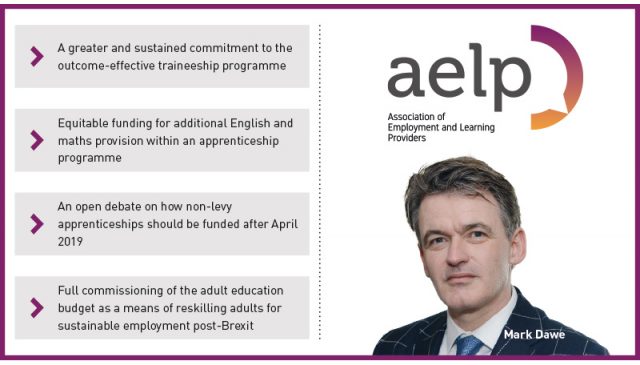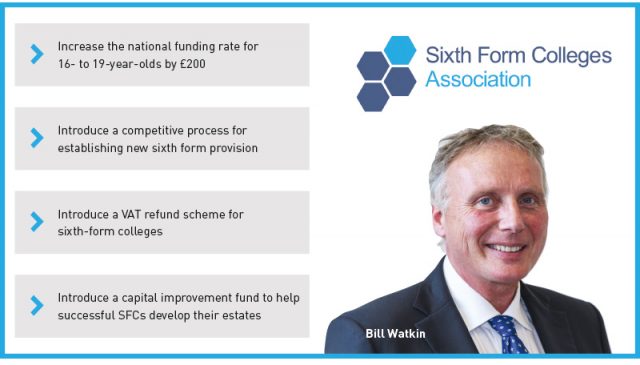Four providers have been stripped of more than £100,000 due to the controversial English and maths condition-of-funding rule, although one is questioning the ruling.
The ESFA deducts funding from providers for students who do not achieve at least a grade C (now 4) in GCSE English and maths and then do not enrol in the subjects for their further education courses.
The original rule stated that any student who failed to enrol would be removed in full from funding allocations for the next-but-one academic year.
However, the condition was relaxed from 2016/17, with the penalty halved and only applied to providers at which more than five per cent of students did not meet the standard.
The DfE decided earlier this month to extend this five-per-cent tolerance indefinitely “in recognition of the continued efforts of institutions” to achieve the targets.
Lambeth College faced the highest deductions this year, losing out on £231,162 after it failed to meet funding conditions for 209 students in 2015/16.
“Problems in 2015/16 arose from higher recruitment numbers than planned and the need to recruit additional staff,” said a spokesperson for the college.
“For subsequent years, numbers have been closer to plan and therefore the same issue has not arisen.
“As in all colleges, any reduction in funding causes operational difficulties.”
Cornwall College had the second highest deduction total, with £211,946 removed from its allocation for 329 non-compliant learners.
Newcastle-based provider group NCG had the highest number of learners who did not meet the condition, and had £156,884 wiped from its funding for 463 students.
However, it has a total of 13,356 students, putting its proportion of non-compliant students at 3.5 per cent, well within the tolerance limit.
A spokesperson for NCG said it was “checking the figures” with the ESFA but are yet to receive a response.
A spokesperson for the DfE said it would be looking into NCG’s concerns.
“This is an exceptional case based on the merger of two colleges, where one of the colleges had been above the five-per-cent tolerance,” they said. “As a result of this merger, NCG has gained around £10 million in funding overall.
Manchester’s YMCA Training became the only independent learning provider in the top five biggest fines, losing out on £102,385, with 103 learners not meeting the funding conditions.
A fifth provider, Birmingham Metropolitan College, was deducted £97,522 for 456 non-compliant learners.
Analysis of latest 16-to-19 allocation data for this academic year revealed that in total, 19 general FE colleges were deducted £1,211,930 under the condition-of-funding rules.
A further 45 ILPs shared losses of £673,456, and 39 local authority providers were fined £377,498. No sixth-form colleges were penalised.
These figures are an improvement on last year, when £2,842,016 was deducted across 26 general FE colleges.
City of Liverpool College alone lost almost £500,000.
FE Week revealed a glaring flaw in the way the condition is calculated last year, which makes it impossible for any institution to achieve 100-per-cent compliance, and could even cost them funding.
If a learner drops out of a course after the qualifying period of 42 days, they are counted as “funded”, but if they record fewer days studying English and maths during the same period they count as not complying with the rule – even if their last day of attendance on each course is just a few days apart.
Last year, FE Week estimated that as many as 9,000 college learners across England could be affected by this failure in the system.
“All providers including colleges can ensure they are not having funding deducted by identifying those who don’t yet have English or maths GCSE grade four, and provide them with the opportunity to achieve this standard as part of their study programmes,” said a spokesperson for the DfE.
“Providers must ensure this is compliant with the specific condition of funding requirements set out in 16 to 19 condition of funding guidance.”






